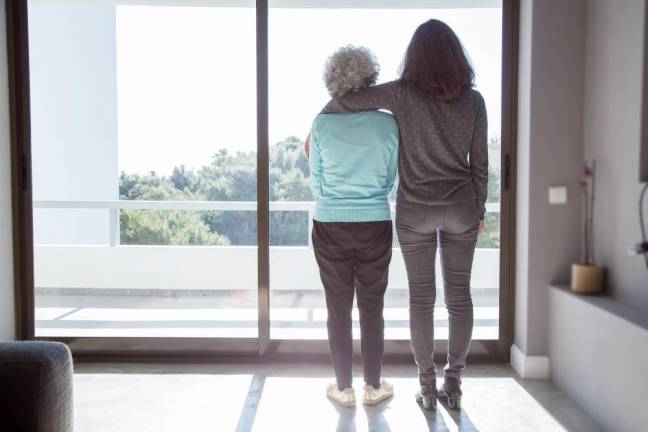Governor extends public health emergency
New Jersey. Gov. Phil Murphy said cases and deaths in New Jersey continue to rise, putting a great strain on local governments, health care workers, and the police.

New Jersey Governor Phil Murphy on May 6 signed an executive order extending the public health emergency first declared on March 9 and extended on April 7.
A public health emergency expires after 30 days unless renewed. Murphy said cases and deaths in New Jersey continue to rise, putting a great strain on local governments, health care workers, and the police.
“Extending this declaration ensures that we can continue using every resource at our disposal to mitigate the spread of COVID-19,” said Murphy. “But I want to ensure that this extension is not interpreted to mean that we are reconsidering our path forward or changing course on the principles I laid out last week in the Road Back plan. We will continue to stand by these principles and protect public health as we responsibly take steps to get the economy moving again.”
Murphy's declaration gives the following reasons for the extension:
Cases and deaths continue to rise: The state’s social distancing measures have helped slow cases and deaths, but the totals continue to rise. Since the public health emergency was renewed on April 7, there were 41,000 positive cases of COVID-19 in New Jersey. That number had tripled by May 5, when there were over 130,000 positive cases and at least 8,244 death. There are now positive cases and deaths in every county in the state.
Shortages are serious: The availability of medical supplies and staff remains "a serious concern."
Police are sidelined: Hundreds of law enforcement officers in New Jersey are currently unable to report to duty because they tested positive for COVID-19 or are currently in quarantine.
Local governments are strained: COVID-19 has also greatly strained county and municipal governments that provide essential services, including for containing the spread of contagious diseases: "The situation is too large in scope to be handled entirely by the normal county and municipal operating services."
Half of deaths are in nursing homes
Murphy said more than half of New Jersey's 8,801 deaths have come from long-term care facilities, and that 120 National Guard soldiers are being sent to those facilities to protect staff and residents starting last weekend.
Anthony J. Fasano, a Sussex County freeholder and liaison to the Division of Health, has called for the National Guard to protect vulnerable residents at Andover Subacute and Rehabilitation Center, which recently experienced mass deaths due to COVID-19.